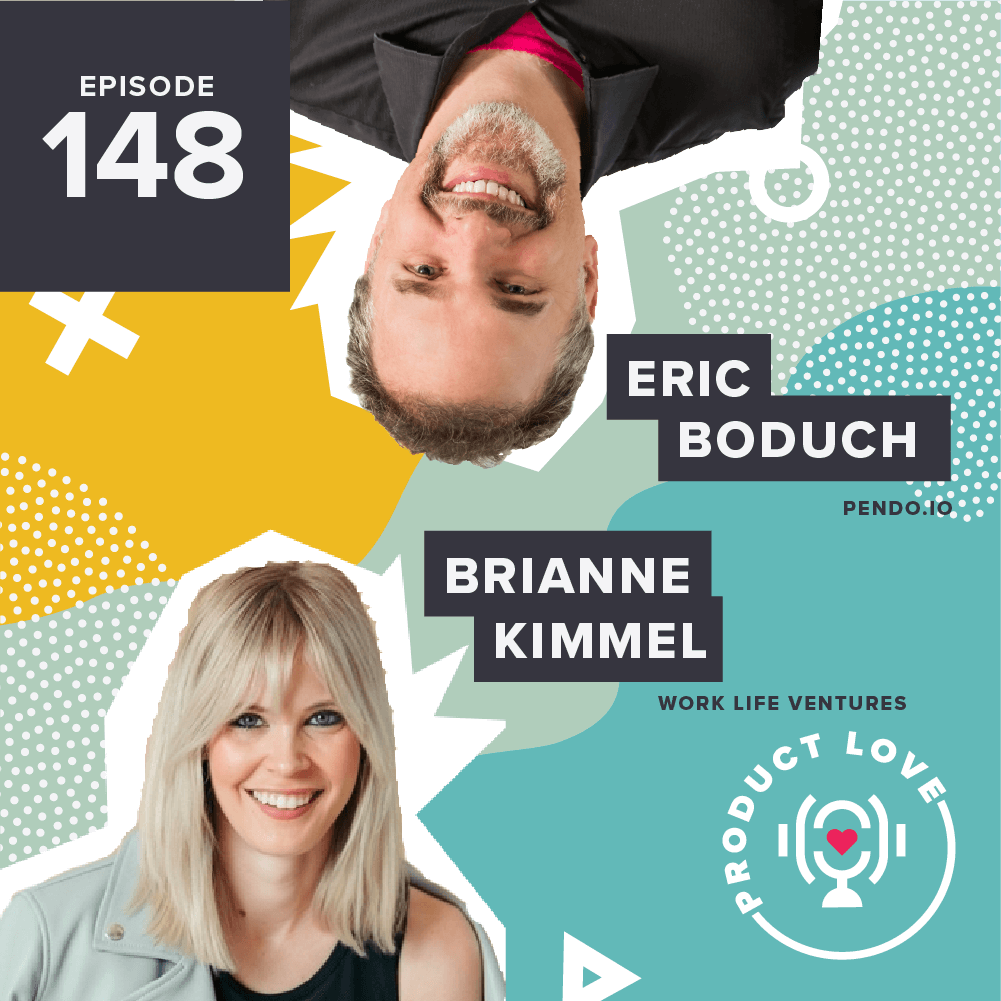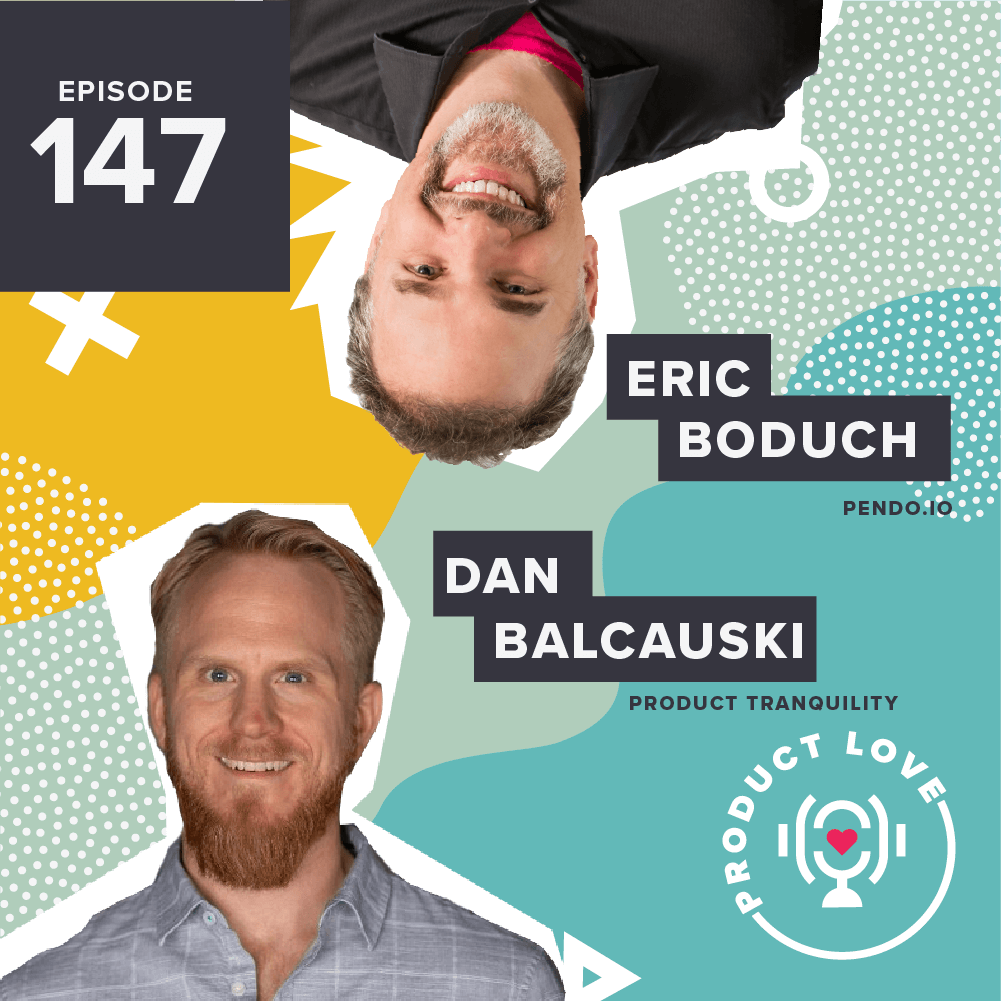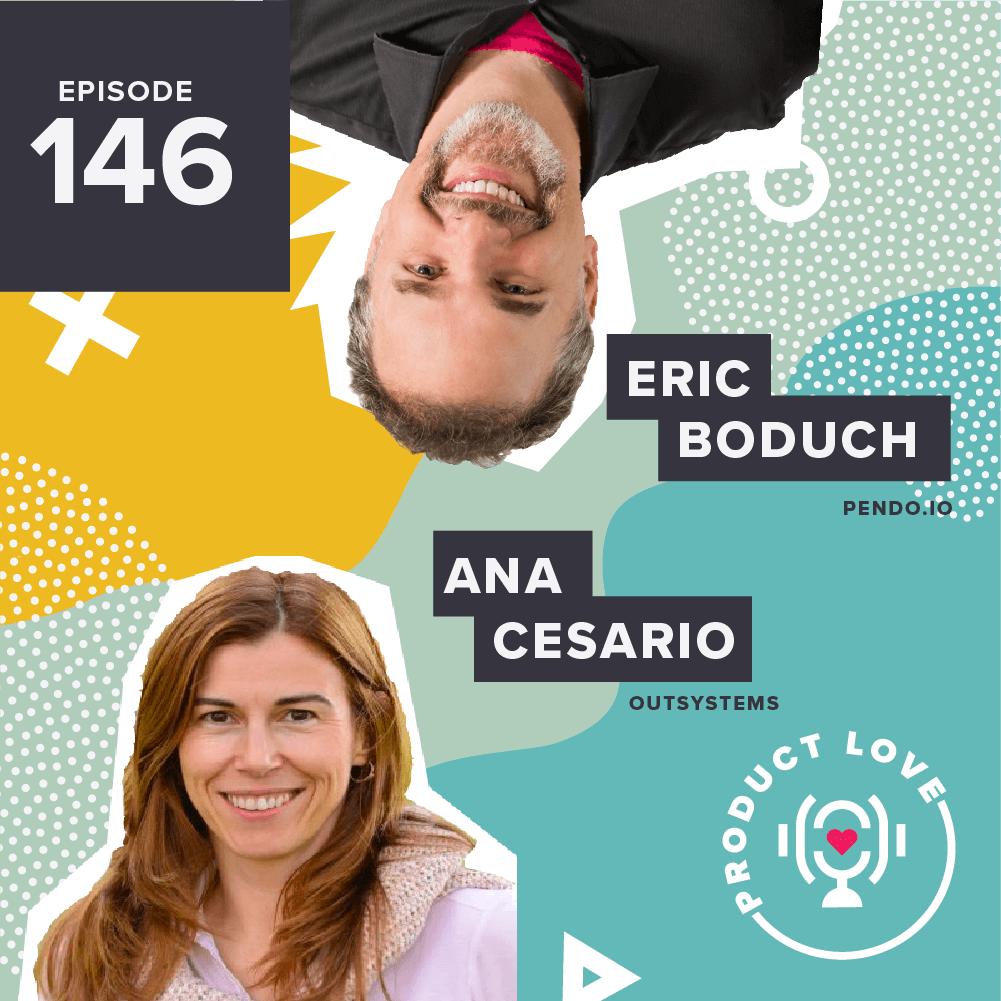This week on Product Love, I sat down with Darren Chait, the co-founder and chief operating officer of Hugo, a connected meeting notes software.
When Darren was a corporate lawyer, he had tons of meetings where it was difficult to resolve anything. And then he’d have to bill clients right after, which showed him the direct cost of a bad meeting. That’s actually how the idea for Hugo started. We’ve all suffered through terrible meetings — ones with no agenda and no action items. Meeting attendees might walk away with different ideas and then work in silos because they’re missing key information.
Hugo enables people to have better collaborative meetings. After all, teams work best when they are connected.
Product management at Hugo
Hugo’s product management culture is best described as an idea meritocracy. Darren admits that although his title doesn’t have product in it, it doesn’t prevent him from providing feedback about product management. The team even has weekly check-ins which allow everyone and anyone to participate and share their ideas.
Hugo is self-service
Self-service is probably a dream for many companies. While it makes perfect sense at Hugo, Darren shares that sometimes, self-service can feel unforgiving. When you have a self-service product, you don’t know what you’re missing out on. The team doesn’t know who is churning, what users are having challenges, or anything that happens in the funnel. In companies that don’t have self-service, there are always customer success managers or account executives available to raise red flags or communicate issues immediately. With self-service, your team just has to deal with every objection.
On the other hand, when you get self-service right, it’s an amazing feeling. The team at Hugo is able to do this by having metrics and north stars to optimize for. It gives them more discipline to say no to feedback that could muddle their product.
10X culture
There are plenty of great books about culture, but a lot of them are fairly philosophical and full of buzzwords. At Hugo, they wanted something more actionable and practical. So, the team began to document every great idea they had about culture. Whatever they read or heard from other colleagues or other companies, they would just add the ideas to a running document. It evolved into a backlog of actionable ways to build a great culture. Then that evolved into a book, which you can find here.
What are some examples from their book? They’ve adopted the idea of a “decision log” from Shane Parrish from Farnam Street. When someone made a decision, they would have to fill out a Typeform. They’d have to answer what the decision was, what the rationale was, the context behind it, and the expected outcome. Everyone fills out the Typeform, sends out a review date, and then they share the key decisions that were made that week. They then conduct a review as a team, which allows individuals to reflect on their thought process and see what actually transpired in reality. It’s a real way to learn
But there was another hidden effect of doing a decision log. Darren shared that the company started to have “shared consciousness.” This is where your teammates would begin to understand how you think, and even advocate for your voice when you weren’t there.
Want to learn more about self-service products and 10x culture? Listen to the episode above.


